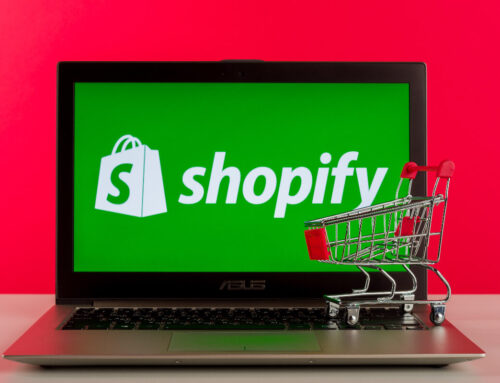
The days of free online returns may be numbered according to a recent report published by the post-purchase and customer experience company ParcelLab. The report suggests that 25% of the UK’s biggest online retail brands are now charging customers for returns. This figure represents a 14% increase from the previous year.
According to the report, retailers not offering free returns charge an average of £3.53 per return and take approximately nine days to refund the purchase.
Is It Becoming More Difficult to Return Online Purchases?
It’s important to remember returns aren’t going away anytime soon (ever). Distance selling regulations in the UK demand the right to return goods for any reason. What is changing is the way retailers manage their returns and customer expectations.
Many retailers continue to offer “easy” return options. These include allowing customers to drop returns off at a local parcel shop using a service like Hermes, DPD, or Collect+, or in the case of retailers with bricks and mortar stores, in-store returns. However, 20% of brands require customers to make their own arrangements to return an item. Furthermore, making the returns process more complex and certainly less sustainable, upwards of 87% of leading retailers do not offer paperless returns.
While free returns were once considered an essential competitive offer, commercial and environmental pressures are forcing retailers to reconsider how they manage their returns.
Good News for Small and Medium-sized Retailers
The news that a growing number of big brand retailers are now charging for returns will be good news for many small and medium-sized businesses that have struggled to compete on a level playing field with larger retailers.
But just because the big guys are now charging for returns doesn’t mean it’s a sustainable business practice.
Regardless of the size of your business, the most affordable and sustainable strategy to manage returns is to optimise your product pages and listings, helping customers make more confident purchase decisions and return fewer items.
The More You Tell, The More You Sell (And The Less You Return)
Whether you are selling via an eCommerce platform like BigCommerce or Shopify or listing your products to an online marketplace like eBay, the rules are the same. An optimised product page or listing will include carefully worded product titles, detailed product descriptions, multiple photographs, videos, and identifiable product codes like Manufacturer’s Part Numbers (MPNs).
Optimised product pages and listings take the risk out of online purchases, leading to more sales and (potentially) fewer returns. Therefore, online retailers must ask whether their product pages/listings are optimised to reduce returns.
To learn more about how Frooition can help you optimise your customers’ online experience, book a free 15-minute discovery call with one of our eCommerce experts today.








